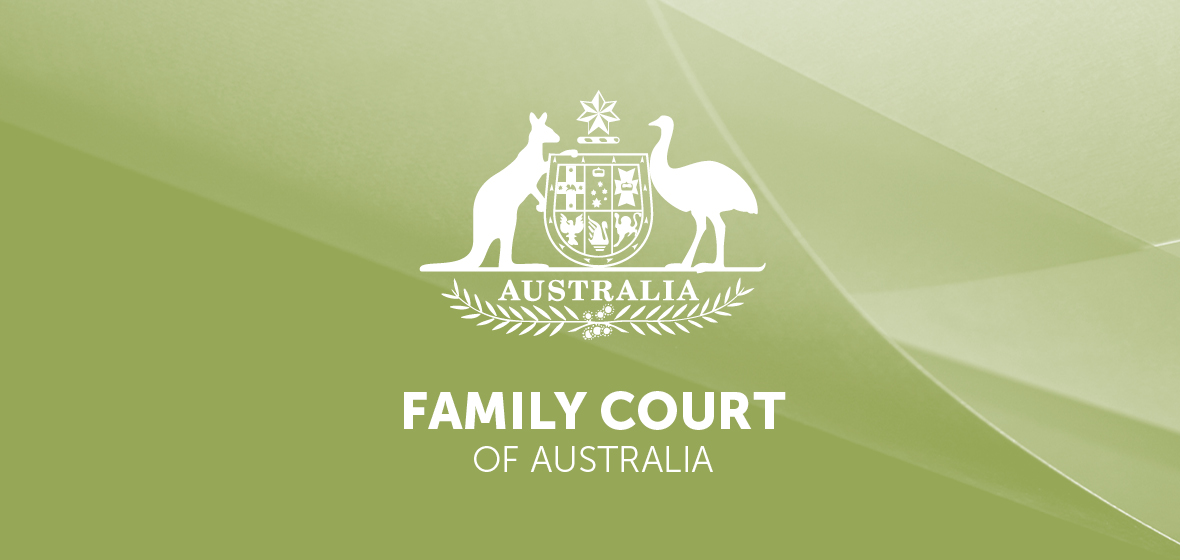Key decisions
- Clarence & Crisp [2016] FamCAFC 157
- Josselyn and Ors [2016] FamCA 557
- Shand & Sharrock & Anor [2016] FCCA 2234
Children – artificial conception – egg donor held to be a parent
In Clarence & Crisp [2016] FamCAFC 157 (18 August 2016) the Full Court (Thackray, Ainslie-Wallace & Aldridge JJ) dismissed with costs the birth mother’s appeal against a parenting order made in respect of her daughter. The daughter was conceived with an egg supplied by the respondent by a medical procedure performed on 11 July 2011, the Court saying (at [3]):
’If the parties were in a de facto relationship on that day [of conception] then they were both the child’s “parents” for the purposes of [s 60H of] the Family Law Act 1975’.
At first instance, Berman J found that while the parties were living separately at the date of conception they were in a de facto relationship, so that the respondent was a parent. It was common ground that the parties had commenced a de facto relationship in 2004 but the appellant argued that they separated on 21 March 2011 when the respondent left the home, whereas the respondent argued that she continued to spend four or five nights a week at the birth mother’s home until August 2011.
The Full Court said ([12]-[13]): ‘His Honour found that although the respondent had not stayed overnight as often as alleged, she was nevertheless a “frequent visitor” to the parties’ former home.’ The Full Court continued (at [18]-[19]): ‘His Honour found that in the period from 6 May 2011 to 26 July 2011 there had been 850 text messages between the parties on topics which ranged “from the mundane to the highly personal”‘
The Full Court concluded (at [27]-[28]): ‘Although we conclude there is no basis for complaint by the appellant, we nevertheless consider that his Honour misdirected himself … when he posed the question of whether the parties had “separated”. While that is a question which must be asked in the case of a married couple seeking a divorce, it is a potentially misleading question in cases such as the present, where the issue is whether a de facto relationship existed at a particular point in time. However, his Honour ultimately answered the real question he was required to consider when he found … that “the de facto relationship endured and continued beyond the date of conception”.
Accordingly, we accept the submission of senior counsel for the respondent that nothing turns on the trial judge’s discussion of whether the parties had “separated” …’




